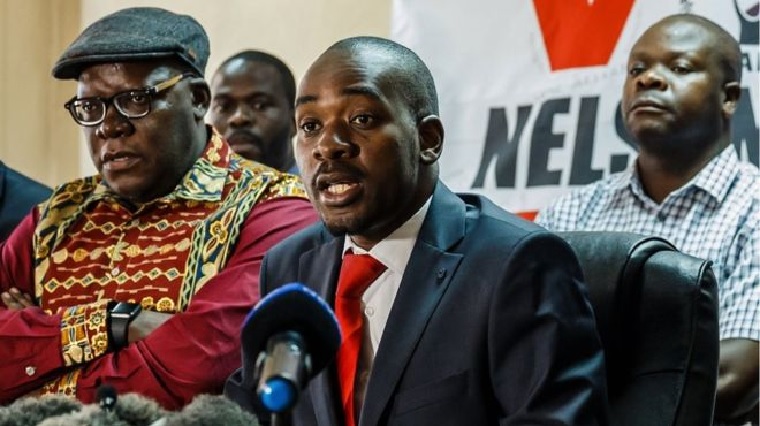 Disputed elections are not an anomaly even in democracies.
Disputed elections are not an anomaly even in democracies.
According to Victor Hernandez Huerta, losing party candidates challenged the results in 21 percent of the 180 democratic presidential elections in the world held between 1974 and 2012.
In his study entitled: Disputed elections in presidential democracies: Challenging electoral outcomes as a negotiating strategy, Huerta says the situation was worse in Africa.
Of the 172 presidential elections between 1989 and 2003 which were considered free and fair, the losers accepted results in 75 elections and disputed them in 71.
In what he calls electoral blackmail Huerta says in presidential democracies, losing parties do not challenge the results to publicise irregularities and flaws, but this is a strategy to strengthen their own capacity for negotiation with the newly elected government.
In authoritarian regimes, however, losing forces might reasonably dispute the results of the election as a result of widespread, systematic and massive irregularities that revert the outcomes of the election.
He argues that one of the reasons why losing parties do not contest the results of elections is the cost involved.
“If challenging the outcome of an election had no cost, we likely would see most losing candidates challenging election results,” he argues.
“However, there are several costs associated with challenging election results. First, parties need to develop and train legal teams with expertise to present a case before the appropriate authorities. This is not a trivial matter.
“Wrongly filing a case might become an additional and visible failure for the losing party.”
He says that Justice Nabarese of Ghana showed that 70 percent of electoral disputes were wrongly filed.
“Most of the systems designed to solve post-election disputes place the burden of proof on the losers. They need to provide complete and irrefutable legal evidence that certain irregularities occurred,” he says.
Challenging election results also takes its toll on the reputation of the challenging party which may be perceived as being a sore loser, putting democratic stability at risk.
The Movement for Democratic Change has challenged the results of every elections since it was formed 19 years ago.
MDC Alliance leader Nelson Chamisa has challenged the results of the 30 July elections but lost the case at the Constitutional Court.
He insists he won the elections but failed to provide the proof in court though he insists the evidence is there in their court papers.
Chamisa is now saddled with a huge legal bill and is fundraising to raise the money.
According to its crowd-sourcing platform, the party has so far raised £13 000 of the targeted £100 000. It is not clear how much it has raised locally.
(2683 VIEWS)






0 Comments